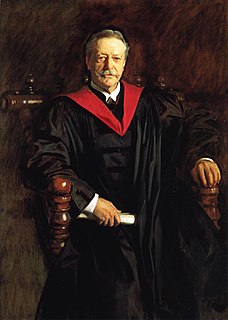A Quote by Hunter S. Thompson
The pleasure is in the path, the search for something good.
Related Quotes
Our stories are all stories of searching. We search for a good self to be and for good work to do. We search to become human in a world that tempts us always to be less than human or looks to us to be more. We search to love and to be loved. And in a world where it is often hard to believe in much of anything, we search to believe in something holy and beautiful and life-transcending that will give meaning and purpose to the lives we live.
Lenten practices of giving up pleasures are good reminders that the purpose of life is not pleasure. The purpose of life is to attain to perfect life, all truth and undying ecstatic love - which is the definition of God. In pursuing that goal we find happiness. Pleasure is not the purpose of anything; pleasure is a by-product resulting from doing something that is good. One of the best ways to get happiness and pleasure out of life is to ask ourselves, 'How can I please God?' and, 'Why am I not better?' It is the pleasure-seeker who is bored, for all pleasures diminish with repetition.
Antiphon, as another man gets pleasure from a good horse, or a dog, or a bird, I get even more pleasure from good friends. And if I have something good, I teach it to them, and I introduce them to others who will be useful to them with respect to virtue. And together with my friends I go through the treasures of wise men of old which they left behind written in books, and we peruse them. If we see something good, we pick it out and hold it to be a great profit, if we are able to prove useful to one another.
It is pleasure that lurks in the practice of every one of your virtues. Man performs actions because they are good for him, and when they are good for other people as well they are thought virtuous: if he finds pleasure in helping others he is benevolent; if he finds pleasure in working for society he is public-spirited; but it is for your private pleasure that you give twopence to a beggar as much as it is for my private pleasure that I drink another whiskey and soda. I, less of a humbug than you, neither applaud myself for my pleasure nor demand your admiration.
A path is only a path, and there is no affront, to oneself or to others, in dropping it if that is what your heart tells you . . . Look at every path closely and deliberately. Try it as many times as you think necessary. Then ask yourself alone, one question . . . Does this path have a heart? If it does, the path is good; if it doesn't it is of no use.
The Tathagatha... is the originator of the path unarisen before, the producer of the path unproduced before, the declarer of the path undeclared before. He is the knower of the path, the discoverer of the path, the one skilled in the path. And his disciplines now dwell following that path and become possessed of it afterwards.
































